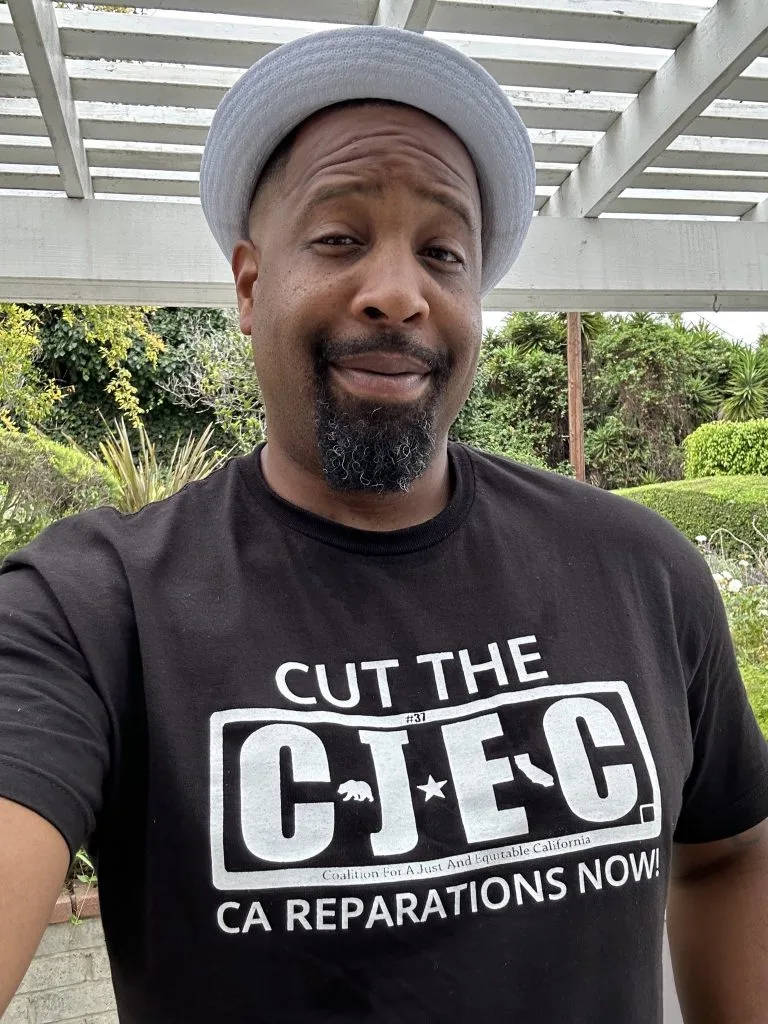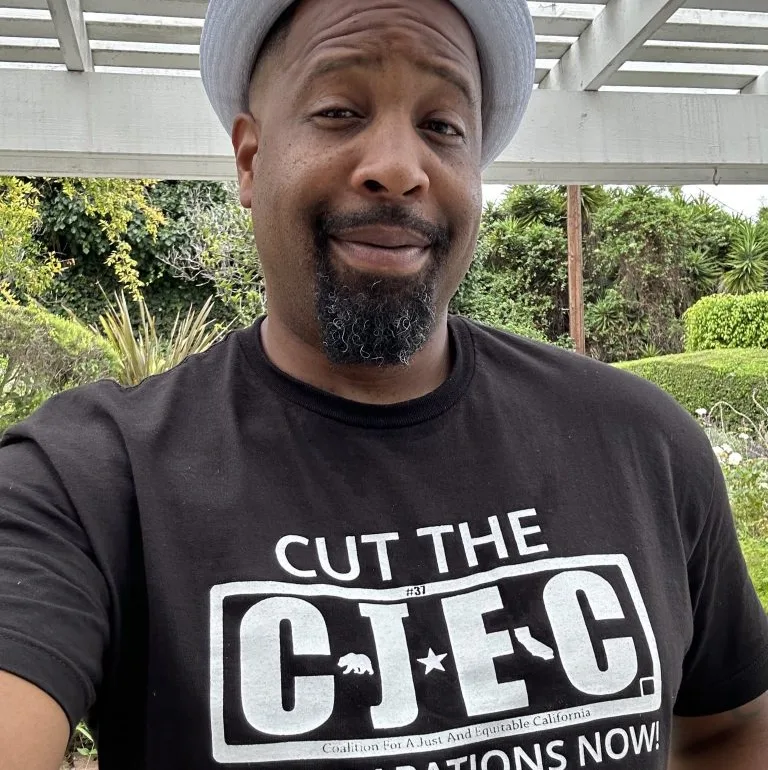
While Los Angeles has a history of making positive advances for social justice we simultaneously have a legacy of anti-Black, anti-Indigenous and white supremacist discrimination that still stains our city today. This ugly legacy extends back to the founding of our state of California with examples like the California Fugitive Slave Act of 1852 and the 1870 anti-testimony laws that limited the rights of Native Americans and Black Americans. From their institutional origins these corrosive concepts and policies persist straight through to this present day, where members of Los Angeles City Council were recorded in a closed door session participating in hateful anti-Black collusion and anti-Indigenous racism.
In fitting contrast, our current Mayor, Karen Bass, is celebrated for heralding a new era of intensified focus on social equity and justice, a reality all Angelenos hope she manifests, and none more eagerly than our African American community. Furthermore, our former Mayor, Eric Garcetti, often proved to be a pioneer in advancing social justice and equity for the City of Los Angeles.
Mayor Garcetti expressed how “Los Angeles is a city of belonging that takes responsibility for the mistakes we’ve made in the past,” in support of the Indigenous Land Initiative in years past. Equally, Mayor Garcetti extolled that here in Los Angeles “it’s our responsibility as a city to acknowledge hard truths and advance reforms” as he supported the Commemoration of Juneteenth as a city holiday, and also demonstrated this principle through establishing the LA Reparations Advisory Commission.
It was over a generation ago in 1976 when the City and County of Los Angeles led the nation on transformative justice reform by amending the City and County charters to establish the Native American Indian Commission, whose purpose was to improve the lives of the local Indigenous community throughout the region. This act recognized and sought to remedy those specific injustices perpetrated against Indigenous people starting at the founding of California that continues to impact our local Native American community along with our City as a whole.
Related Stories
Aladdin Receives Multiple Standing Ovations on Opening Night
Poet Rita Dove to Receive Honorary National Book Award Medal for Lifetime Achievement
It is in this pivotal moment that the City of Los Angeles is called once again to lead the way in transformative justice reform for the nation. Indeed, a historic moment on the heels of the California Reparations Task Force recommendations for reparative justice for the African American descendants of persons enslaved in the U.S., right alongside conspiratorial anti-blackness exposed at the highest levels of city government. It’s from this backdrop that we implore our City of Los Angeles and County to amend the their charters to establish the African American Freedmen Commission whose mission will be to improve the lives of Angelenos whose ancestors were emancipated from slavery, yet still suffer today from the badges and vestiges of those injustices.
The University of California Press and the California Historical Society publication “We Feel The Want of Protection” The Politics of Law and Race in California illustrates that despite relentless obstacles the African American Freedmen have been spearheading the fight for justice and prosperity in California for over 160 years. In 1855 in California, the historic Convention of Colored Citizens of the State of California was established by African American Freedmen fighting for the abolition of slavery and for civil rights. The convention represented 10 of California’s then 27 counties, one of those represented being Los Angeles.
The historical preservation project Survey LA chronicled African American Angeleno history and highlighted the iconic figure Biddy Mason, who in 1856 successfully sued for her own and her family’s freedom and won, representing the largest victory for African American Freedmen against the fugitive slave laws. Biddy Mason went on to help found the storied First African Methodist Episcopal (FAME) church here in Los Angeles, which is still vibrant and strong today standing as a testament to the resilience of our local African American Freedmen community.
Today in 2023, the current moment calls for our city to rise to the occasion again and charter a new path forward rooted in justice and prosperity, securing our own legacy and indeed the nations’. It’s time that Los Angeles honor the centuries old freedom fight of African American Freedmen and invest in the future of prosperity by amending the city charter to establish an African American Freedmen Commission under the Civil + Human Rights and Equity Department.
In doing so, we affirm the commitment that here in our City of Los Angeles the promise of justice, civil rights, and opportunity will be promoted and defended whether your ancestors were Indigenous, enslaved, refugees or immigrants.
Kieran Smith is a board member of the National Assembly of American Slavery Descendants, Los Angeles (NAASD LA), which is a coalition partner of the Coalition for a Just and Equitable California (CJEC) that advocates for reparations for American Freedmen in California.


